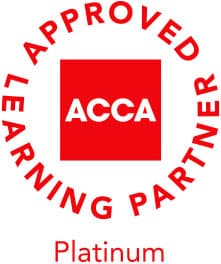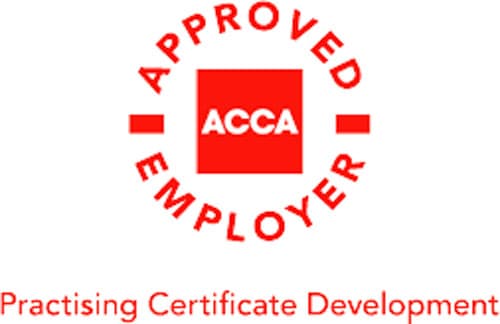From 1 March 2021, contractors who employ subcontractors, will need to assume responsibility for declaring and paying the VAT that was previously settled by their VAT registered subcontractors.
From this date, VAT registered subcontractors will no longer add VAT to their invoices and contractors will pay them net of VAT amount.
There is, however, certain wording that should be included on the subcontractor’s VAT invoice (see below), and the VAT amount should still be shown but not ‘charged’.
Now the more challenging part….
The contractor will then add the appropriate subcontractor VAT to their VAT return and add the same amount to their input tax. These two amounts will contra so apart from the hassle of dealing with the invoicing changes and accounting entries, both parties, the subcontractor and the contractor will be in the same position as before (unless for some reason the contractor is Partially Exempt for VAT – this is not a change so you would know if this applies to you).
So why, you may ask, were the changes made?
Unfortunately, in the past many subcontractors have registered for VAT, invoiced for their services and collected the VAT inclusive amount from their contractor customers, and then ‘disappeared’ without paying over the VAT they had collected to HMRC.
The new system, implementing the so-called Domestic Reverse Charge process outlined above, simply shifts the responsibility for settling the VAT from the subcontractor to the contractor.
All that is required from the contractor’s viewpoint is a change to the way you enter subcontractor invoices in your accounting records/software.
As highlighted above, the overall effects of the changes are neutral. Contractors pay the net amount to subcontractors, add the deemed VAT that should have been charged to their VAT return, and then deduct the same amount as input VAT, (there will, however, be a cashflow advantage to the contractor and disadvantage to the subcontractor).
Which supplies will be affected?
HMRC have stated that the ‘domestic reverse charge’ will affect supplies at the standard or reduced rates (generally 5% – not zero rated) where payments are required to be reported through the Construction Industry Scheme (CIS).
Therefore, supplies between sub-contractors and contractors, as defined by CIS, will be subject to the reverse charge unless they are supplied to a contractor who is an ‘end user’.
‘End users’ will usually be recipients who use the building or construction services for themselves, rather than sell the services on as part of their business of providing building or construction services.
The legislation also allows for those connected to end users, including landlords or tenants, to also be treated as end users. Therefore, intra-group and leasing re-charges of building and construction services connected to the end user are also excluded from the reverse charge.
Get ready for the changes…it’s not far away…
Subcontractors, get ready to change your invoices and accounting records.
Contractors, get ready to change your accounting records.
Most accounting software systems already accommodate the reverse charge process (as there are other business supplies that require this process), your software suppliers will be able to advise you how to deal with it.
Of course many businesses in the construction industry will be both contractors and subcontractors, so may have both elements to deal with.
HMRC guidance on this can be found at
https://www.gov.uk/guidance/vat-domestic-reverse-charge-for-building-and-construction-services
This includes more detailed information, and includes the wording to show on invoices where the reverse charge applies







